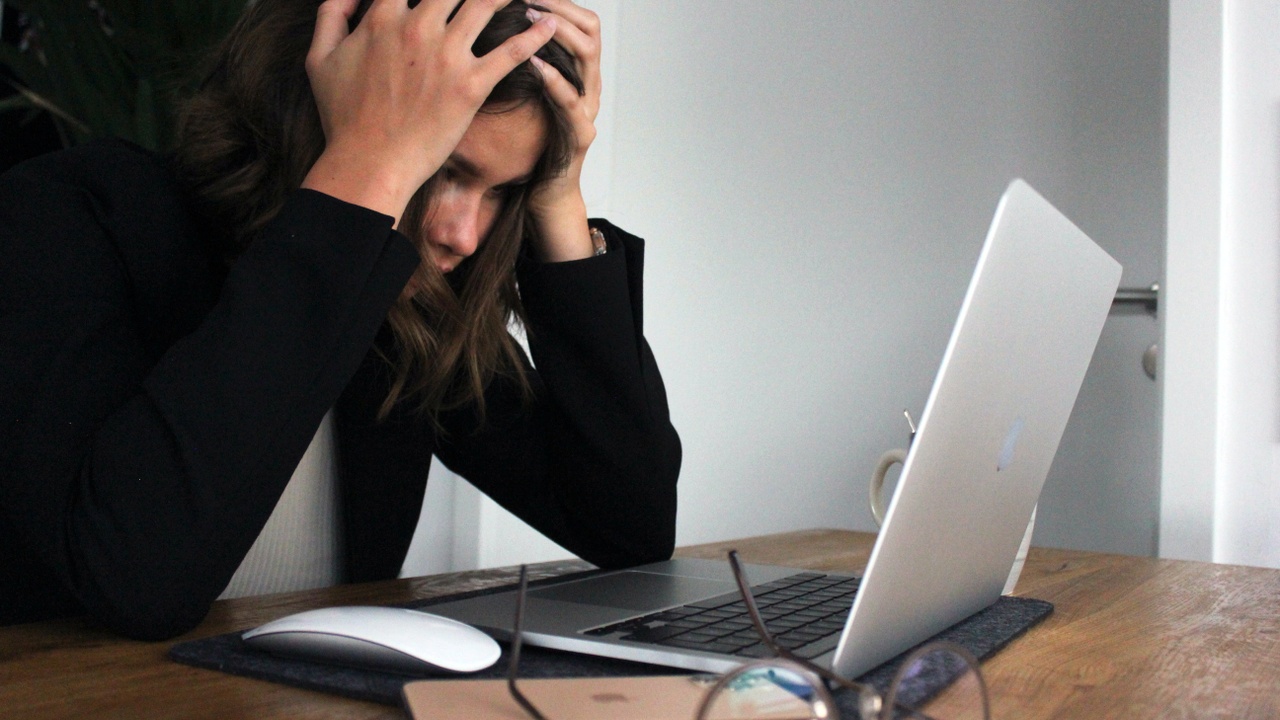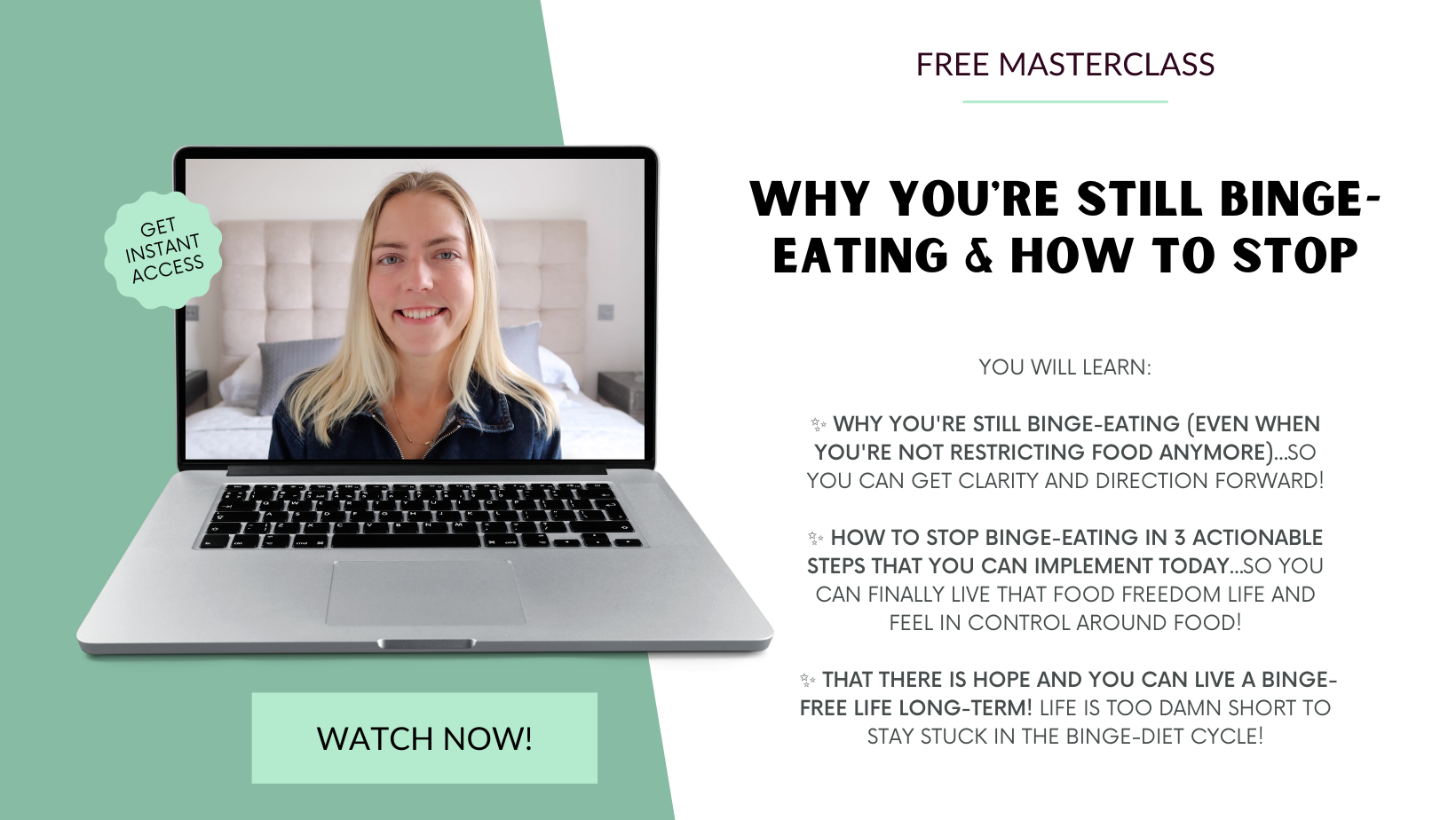How To Stop Stress Eating: 3 Helpful Techniques For Stress Management
May 23, 2022
Is stress eating causing unwanted weight gain?
One of my biggest tips with stress is to imagine it as a cup. Usually we wake up pretty stress-free. Then we start thinking about the day ahead, a presentation at work, our endless to-do list.
The cup fills up slightly with stress. Keeps filling up through the day - then by evening, we’re so stressed. Often go to food to relieve that because it's easy, accessible, enjoyable and efficient.
What if we empty that cup out during the day bit by bit. A one-minute breath-work practice here, a walk outside at lunch, playing with your dog for a minute, relaxing your shoulders. Mini pockets throughout the day so don’t need do an hour of meditation or something later.
Now for the techniques: There are so many we could discuss but I’ll share 3 stress-reducing techniques that are varied - as different people vibe with different techniques.
Oftentimes if you’re someone who dissociates when stressed, Netflix for hours, gets down - that person needs something to get them out and moving that energy out. Some people get anxious in a non-stop way e.g. racing thoughts, on edge - they may need something to soothe and calm.
Of course, you might do both these things at different times - so apply the technique you feel would best suit you in that moment.
1. Progressive Muscle Relaxation (PMR)
- This is stress-reducing technique focuses on alternating tensing and relaxing muscles. It's a very body-based technique. It was developed with the idea that you can reduce anxiety by learning how to relax muscular tension.
- It's shown to reduce cortisol levels, anxiety, blood pressure, heart rate, and headaches.
- How it works? In a sequential pattern, with eyes closed, the individual places a tension in a given muscle group purposefully for approximately 10 seconds and then releases it for 20 seconds before continuing with the next muscle group. The mental component requires that the individual focuses on the distinction between the feelings of the tension and relaxation. With practice, the patient learns how to effectively relax in a short period of time.
- I've got a PMR guided meditation here if you'd like.
2. Play/Fun
- While meditation, breath-work, journaling etc is great. Sometimes we can just go back to basics and make life more fun and playful.
- Is there room for more laughter in your life? Watch comedy instead of drama on TV.
- Can you play a game with your partner?
- Find a new fun activity to do in town?
- How did your child-self like to play? Can you do something inspired by that?
- Even though play seems free-spirited, it’s also in your control and predictable - you CHOOSE what kind of play you want to do. That essence also helps de-stress.
3. Journaling
- For some, journaling is an amazing de-stressor.
- The very act of writing down your racing thoughts forces you to slow down.
- Journaling helps you be more objective and calm about facing your problems.
- It gives you a chance to notice unhelpful thought patterns and harmful beliefs that lead to stress.
For example: You may be stressed that your boss isn't happy with your output lately.
Are you jumping to conclusions? Are you assuming their thoughts? Are you discounting the positive - not noticing all of the positive work you do? It's always helpful to slow down and explore your stressors.
For more on how to cope with emotions like stress, tiredness, boredom, loneliness - grab this free video!
With Love,
Bríd 💚
Start your food and body healing journey with the FREE masterclass
"Why You're Still Binge-Eating & How To Stop"


